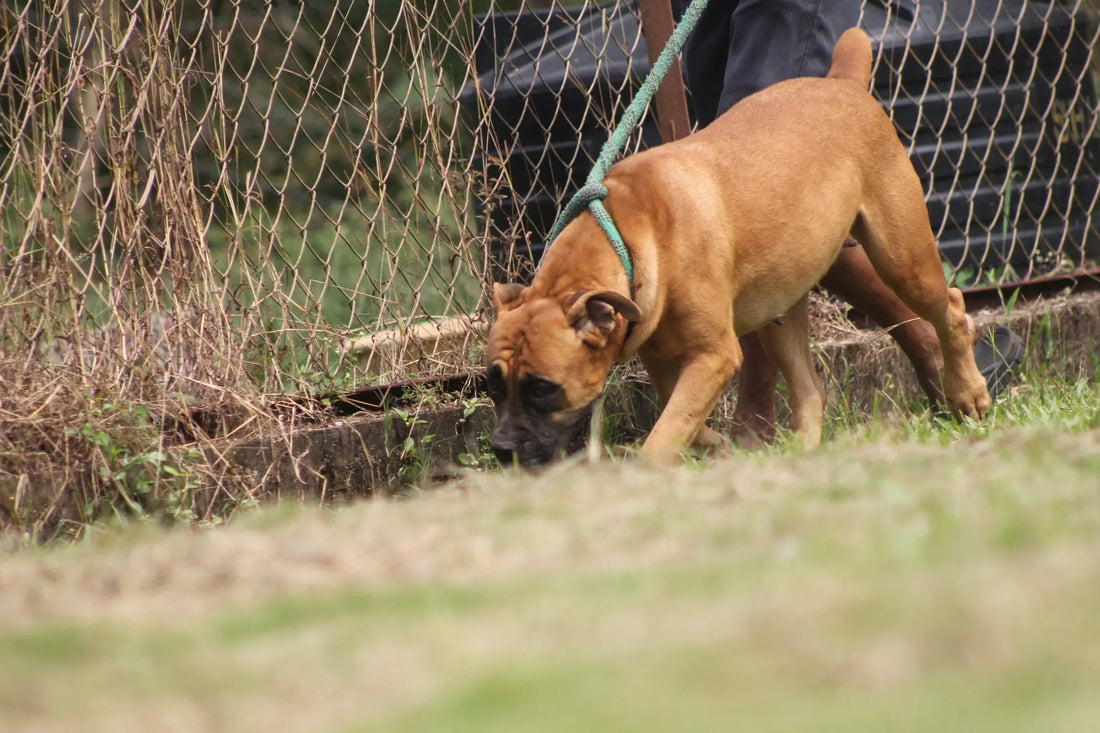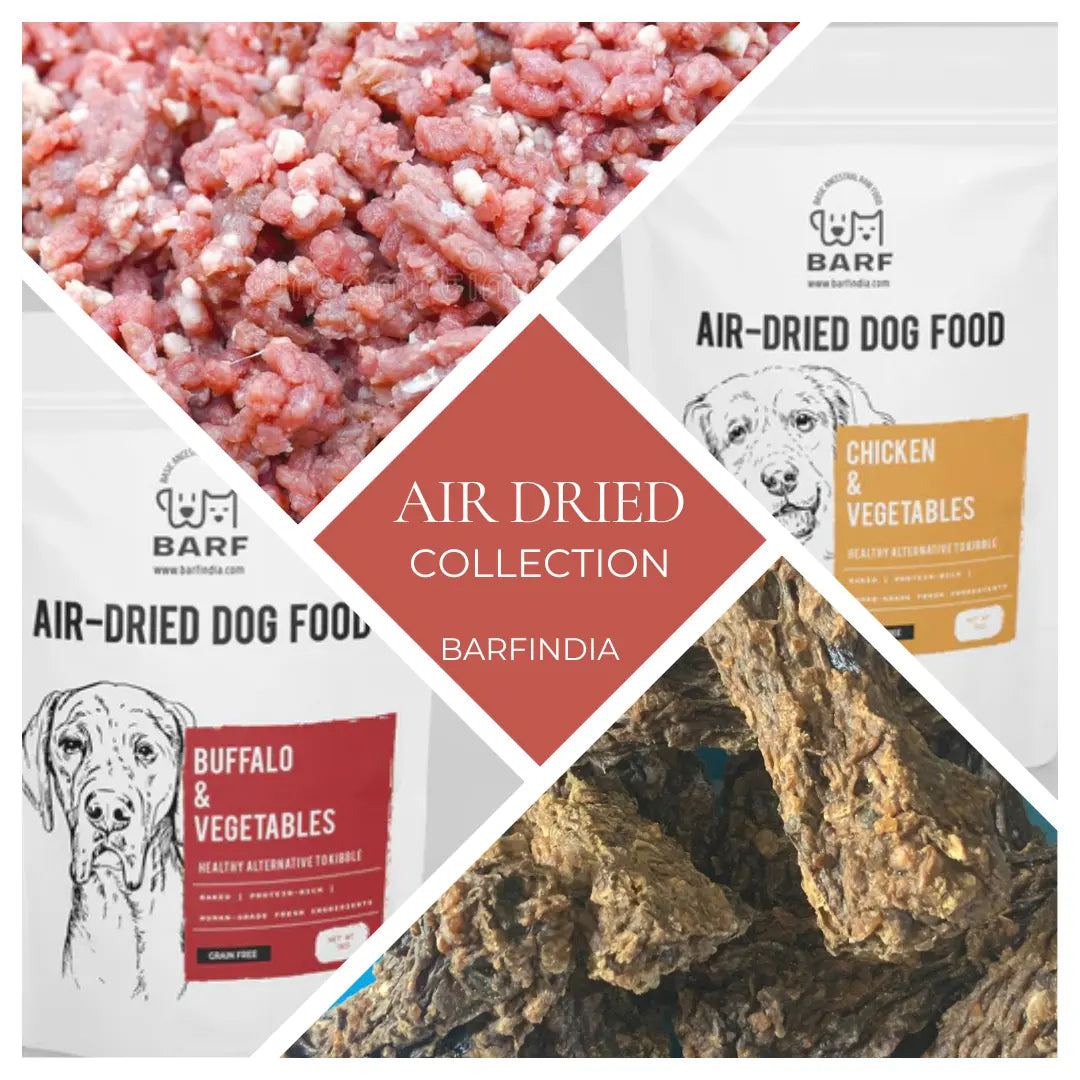
The Curious Case of Dogs Eating Grass: Unraveling the Mystery
Nivedita FernandesWhy Do Dogs Eat Grass? Understanding This Common Behavior
Introduction:
Dog eating grass is a common sight—your furry friend munching on blades during a walk or in the backyard. While it may seem odd, it’s a well-known habit among dogs that leaves many pet parents curious. Dogs, our loyal companions, often exhibit quirky behaviors, and eating grass is certainly one of the most puzzling.
In this blog, we explore the possible reasons behind dog eating grass—from nutritional needs and boredom to instinctual habits and potential digestive relief. We’ll also help you understand when it’s harmless and when it might signal a health concern.
- An Innate Instinct: Dogs, despite their domestication, still possess many instincts from their wild ancestors. One theory suggests that the act of eating grass might be an instinctual behavior inherited from their wolf ancestors. Wolves in the wild occasionally consume grass as part of their diet to aid digestion or to expel parasites. Therefore, it's possible that some dogs retain this primal instinct.
- A Natural Digestive Aid: One of the most common explanations for dogs eating grass is their desire to relieve an upset stomach or aid digestion. When a dog feels unwell or experiences indigestion, they might instinctively turn to grass as a natural remedy. The grass blades can tickle their throat, leading to vomiting, which helps them eliminate whatever is causing discomfort. It acts as a form of self-medication for dogs.
- Nutritional Deficiencies: Another plausible reason behind a dog's grass-eating behavior is the presence of nutritional deficiencies in their diet. Dogs may crave certain nutrients that are lacking in their regular meals, and they might seek them out in the grass. Fresh grass can provide a variety of minerals, vitamins, and enzymes that are beneficial for their overall health. However, it's essential to note that a balanced and complete diet should be provided to address any potential deficiencies.
- Behavioral Causes: Sometimes, dogs may eat grass simply because they find it enjoyable or entertaining. Boredom or a lack of mental stimulation can lead dogs to engage in peculiar behaviors, and eating grass might be one of them. Dogs love exploring their surroundings, and the taste and texture of grass might pique their curiosity. In such cases, ensuring they have plenty of mental and physical stimulation can help divert their attention from grass consumption.
- Attention-seeking or Copying Behavior: Dogs are incredibly observant creatures, and they often imitate their owners or other dogs. If a dog sees their human or a fellow furry friend eating grass, they might be inclined to try it themselves. Additionally, some dogs may eat grass to seek attention or elicit a reaction from their owners. They might have learned that engaging in this behavior garners attention, even if it's negative. In such cases, it's important to redirect their behavior and provide positive reinforcement for more desirable actions.
Reasons Behind Dogs Eating Grass and When to Worry
Conclusion: While dogs eating grass can be a perplexing behavior for pet owners, it is generally considered normal unless it becomes excessive or leads to health issues. Whether it stems from innate instincts, as a natural digestive aid, or due to other factors, it's crucial to closely monitor your dog's grass-eating habits. If your dog exhibits abnormal symptoms, such as repeated vomiting, diarrhea, or changes in behavior, it's advisable to consult with a veterinarian.
Understanding why dogs eat grass can help alleviate concerns and provide insights into their overall well-being. Remember, every dog is unique, and what may apply to one may not necessarily apply to another. By paying attention to their diet, ensuring adequate nutrition, and providing ample mental and physical stimulation, we can help our furry companions lead happy and healthy lives, grass-eating quirks and all.



